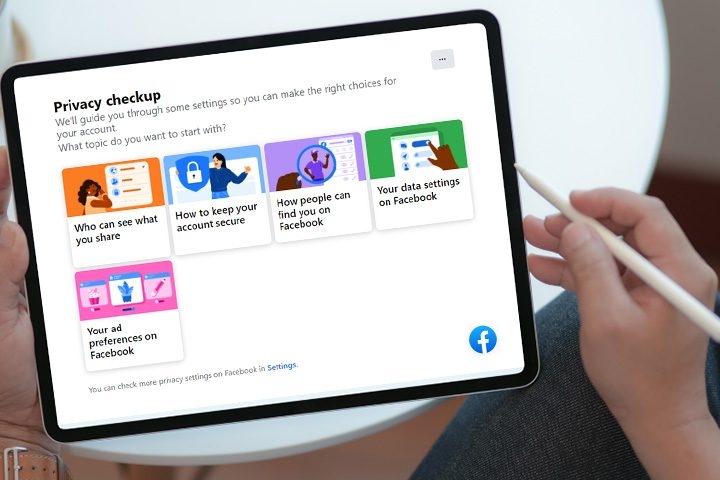6 Ways to Secure Your Personal Online Data
Is your personal online data safe from the growing security threats that, regrettably, are a part of our online world today? It’s a question every internet user needs to ask themselves. Given the threats of phishing, ransomware, and other scams, it’s worth taking stock of your current online security and considering additional measures you can take to protect yourself. Below are several tips to help you and your family better secure your online data and navigate the online waters more safely.
Invest in Quality Anti-Virus Software
Antivirus software is an essential tool in your digital toolbox. It can help protect you and your family from threats that could steal your personal information, login credentials, and other sensitive data. Popular programs include McAfee Antivirus Plus, Norton Antivirus Plus, Bitdefender Antivirus Plus, and Kapersky Antivirus.
Review and Activate the Privacy Settings on All Connected Devices
Most devices like computers, laptops, tablets, and smartphones come equipped with security features and privacy settings designed to protect users from digitally sharing personal details, such as your name, email address, and location while browsing online. Though none of these settings are totally foolproof by themselves, they can be a helpful first line of defense against many common threats. Be sure to review the privacy settings on each device and choose the level of protection with which you are most comfortable.
Share Personal Information Carefully and Sparingly on Social Media
People naturally use social media to share details of their lives. From birthdays to anniversaries to new addresses, social media pages can be a treasure trove of personal information that can tip off hackers to passwords and security question answers. Think carefully about what information should and shouldn’t be shared—especially when filling out those seemingly innocuous “copy and paste” surveys. Talk to your family about posting wisely but not widely.
Check Privacy Settings on Other Apps You Use for Log-ins, Such as Your Facebook and Google Accounts
Let’s face it—when installing a new app or logging into certain e-commerce or other websites, it’s just easier and faster to login in with our Facebook or Google accounts, rather than reentering our personal details for the umpteenth time. But that means you need to be careful with the data and information Google and Facebook share with the other Apps. Be especially attentive to the “permissions” you grant Facebook and Google through their privacy settings, as they connect your accounts with these other Apps.
Install Adblockers and Tracker Blockers
Although some of the programs listed in our first tip about Antivirus Software include them already, if you do not have them, consider installing Adblockers and Tracker Blockers. Ads are annoying, but they can also “take” some information from your devices that you would rather not share with an ad you didn’t want to see popup in the first place. Similarly, Trackers can “follow you” around the internet as you leave a trail of your online activity. Adblockers and Tracker Blockers can often be installed directly onto your web browser, and help provide protections against privacy exposures from ads and trackers, as well as reduce your overall privacy risk.
Establish a Virtual Private Network (VPN)
Finally, consider establishing a Virtual Private Network. Now, we know that sounds a bit technical, and maybe even scary. But VPNs can provide extra layers of protection and privacy on top of the other measures you’ve already taken above. A VPN moves your data through a “tunnel” to a separate, secure server first, and then encrypts your personal data before it “hits” the web, shielding and even hiding sensitive aspects of the data, such as your location, from potential threats. There are many VPN service providers, including NordVPN, ProtonVPN, CyberGhost, ExpressVPN, and SurfShark. Another option, TunnelBear, is a less edgy, more user-friendly option for first-time VPN users.
The tips above are a good start to protecting your privacy and online data. And by employing these and other safeguards, you can use the fast fiber internet from Pulse confidently, as well as reliably!
This article is part of our Digital Safety Series. Also in the series (we’ll add to the list as articles are published):
- At Pulse, Your Privacy Matters. We’re committed to helping our customers keep their data private and secure. As such, we will never sell our customers’ information or unlawfully share it.
- Disposing of Old Devices Safely


